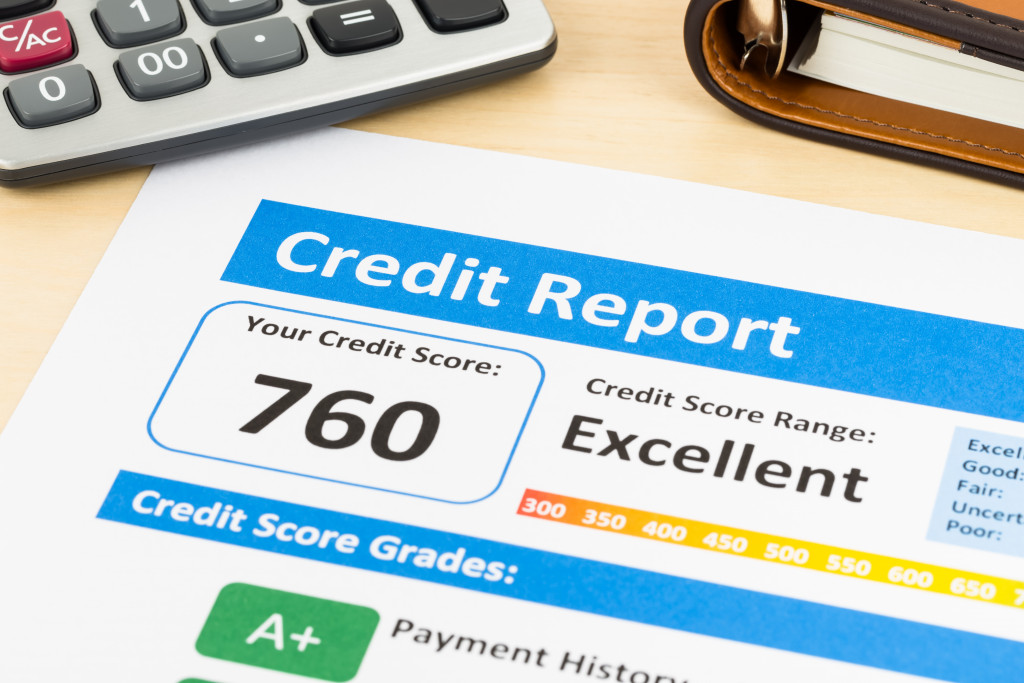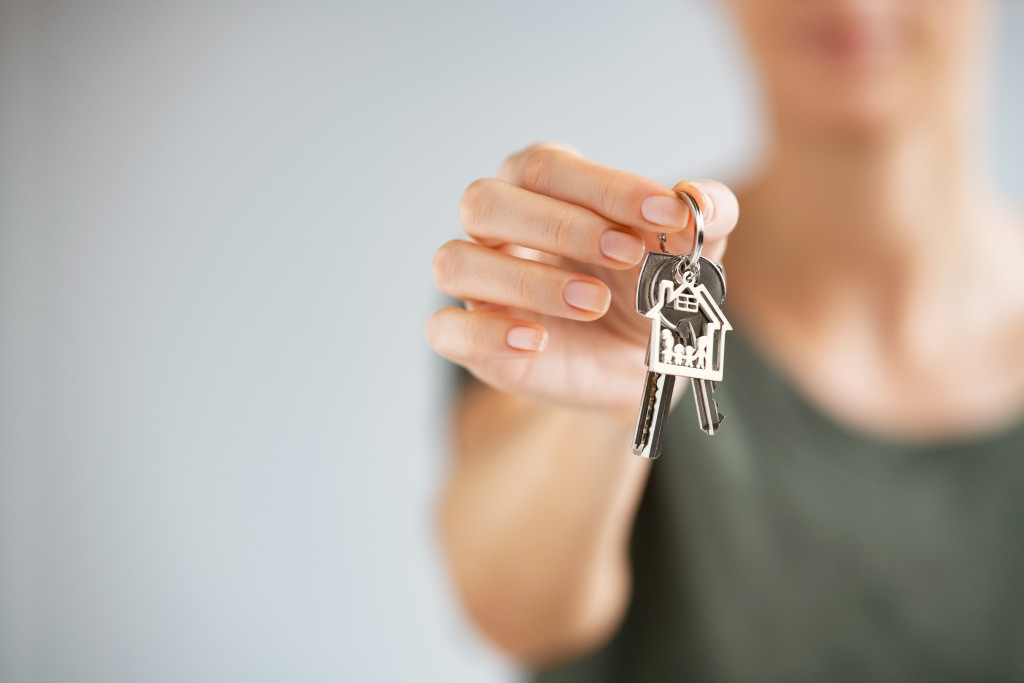- Single women own approximately 17% of homes in the U.S., considerably less than single men and couples.
- Women face challenges in home purchasing due to higher student loan debts and income disparities.
- Social expectations/discrimination and single parenthood further hinder women’s ability to invest in homes.
- Fear of real estate investment often results in women delaying home purchases.
- Overcoming these hurdles involves leveraging USDA loans, local programs, realistic budgeting, and credit improvement.
Buying a home has never been an easy task for anyone. However, statistics show that women struggle far more than men when getting a mortgage or purchasing a house. This injustice stems from several reasons, many resulting from social and economic issues. Here’s what you need to know about women owning homes in the country, why women struggle with investing in a home, and how you can get started.
Home Ownership in The U.S.
It’s estimated that about 10 million homes in the country are owned by single women. This number is large, but it’s still only about 17% of all homeownership in the U.S., according to the National Association of Realtors. Compare this to single men, who own 33% of homes, and couples, who make up 50%.
Why Women Struggle with Investing in Homes
There are various reasons why women struggle with buying a home. Here are some of them:
1. Higher Levels of Student Loan Debt
One of the primary reasons women struggle to purchase a home today is their higher levels of student loan debt. According to recent studies, women take out more student loans than men, which puts them at a disadvantage when saving for a down payment. Student loans result in high-interest rates, and as a result, this burden limits women’s ability to save enough funds to be eligible for a mortgage.

2. Pay Gap
The gender pay gap is still a significant issue in many countries worldwide. This disparity means that women earn less than men, resulting in less disposable income and, ultimately, struggles to afford housing. According to studies, the pay gap often persists regarding housing costs, and women are more likely to spend a significant percentage of their income on housing.
3. Social Expectations and Discrimination
Social expectations can also put women at a disadvantage when buying a home. Social norms have led to discrimination in many areas, including the housing industry. Real estate agents may often overlook women’s ability to buy a home, making it harder to secure housing. Society still expects women to take care of domestic duties and prioritize family over careers, which leads to lower earnings and, in turn, fewer opportunities to buy homes.
4. Single Parenthood
Single parenthood is another factor that makes it difficult for women to buy homes. Women are more likely to head single households, meaning they have to juggle paying household bills and childcare expenses and save for a down payment. This burden makes it harder for women to save for a home, which means that they have limited options when it comes to housing.
5. Fear of Investing in Real estate
Lastly, women fear investing in real estate is a common hurdle. They often delay purchasing a home due to anxiety about not knowing enough to make sound decisions when it comes to investing. Women are also more likely to portray risk aversion when making money decisions, which can lead to missed opportunities when buying a home.
How to Get Started
As a woman, it’s important to invest in a home. Here are four ways to get started:
USDA Loans
First-time homebuyers can have access to certain loans. An affordable USDA loan is one of these loans. This loan is a great option for women who want to purchase a home but have limited funds. The main benefit of this loan is that it does not require a down payment, allowing women to buy a home with minimal upfront costs.
Local Resources and Programs
It’s also essential to look for local resources and programs. Often free housing counseling services and other initiatives are available in the area to help women become homeowners. For instance, some cities offer grants for first-time homebuyers. Women should use such programs to make buying a home more accessible.
Budgeting and Planning
It’s essential to be realistic about budgeting and planning when investing in a home. Women should calculate how much they can afford to buy before taking the plunge. Additionally, women should analyze different mortgage options, such as a fixed-rate or adjustable-rate mortgage.

Credit Improvement
Women should also pay attention to their credit scores. A good credit score is essential for getting approved for a loan and securing the best interest rates when buying a home. Women can improve their credit scores by making timely loan payments, using credit responsibly, and checking their credit reports.
A multitude of factors make it difficult for women to invest in homes. However, these challenges are not insurmountable. Women can overcome barriers and achieve their homeownership dreams by using USDA loans and local programs, budgeting wisely, and focusing on credit improvement. People must continue to address societal expectations and economic disparities to ensure an equitable housing market for everyone. The journey to homeownership may be filled with hurdles, but with knowledge, planning, and determination, women can successfully navigate this path.

